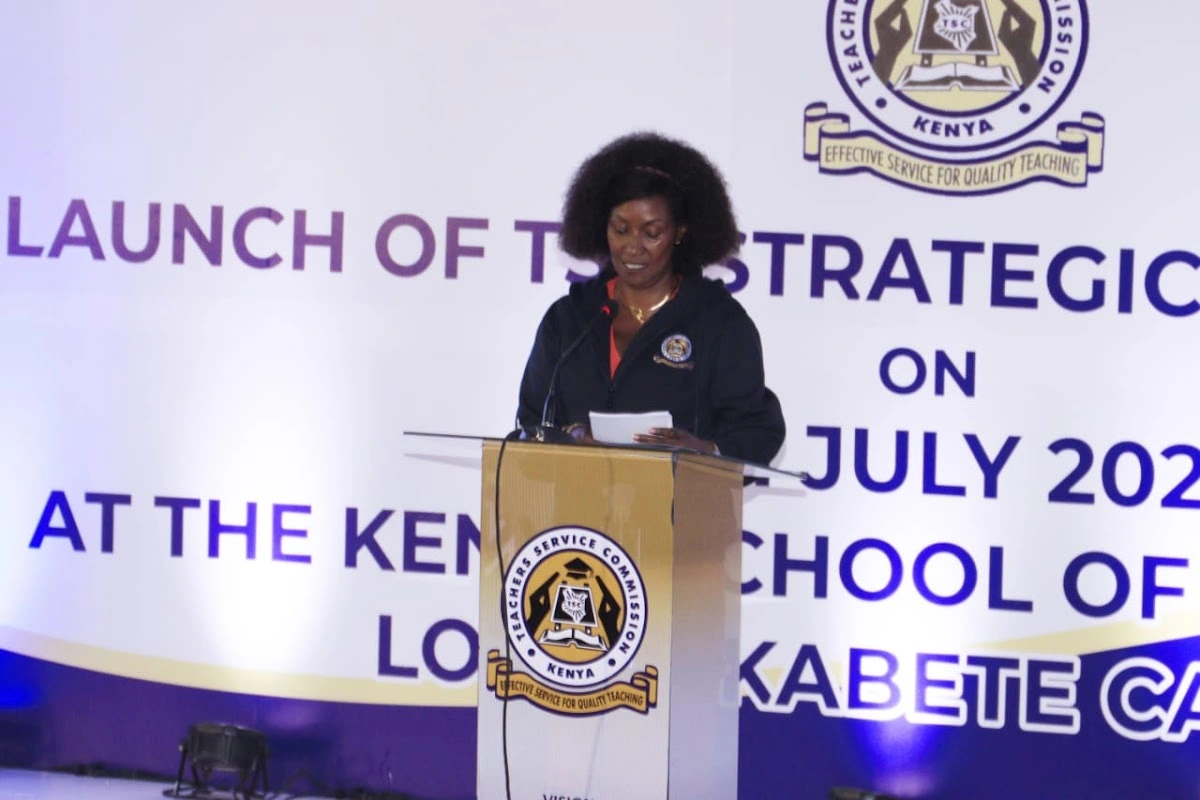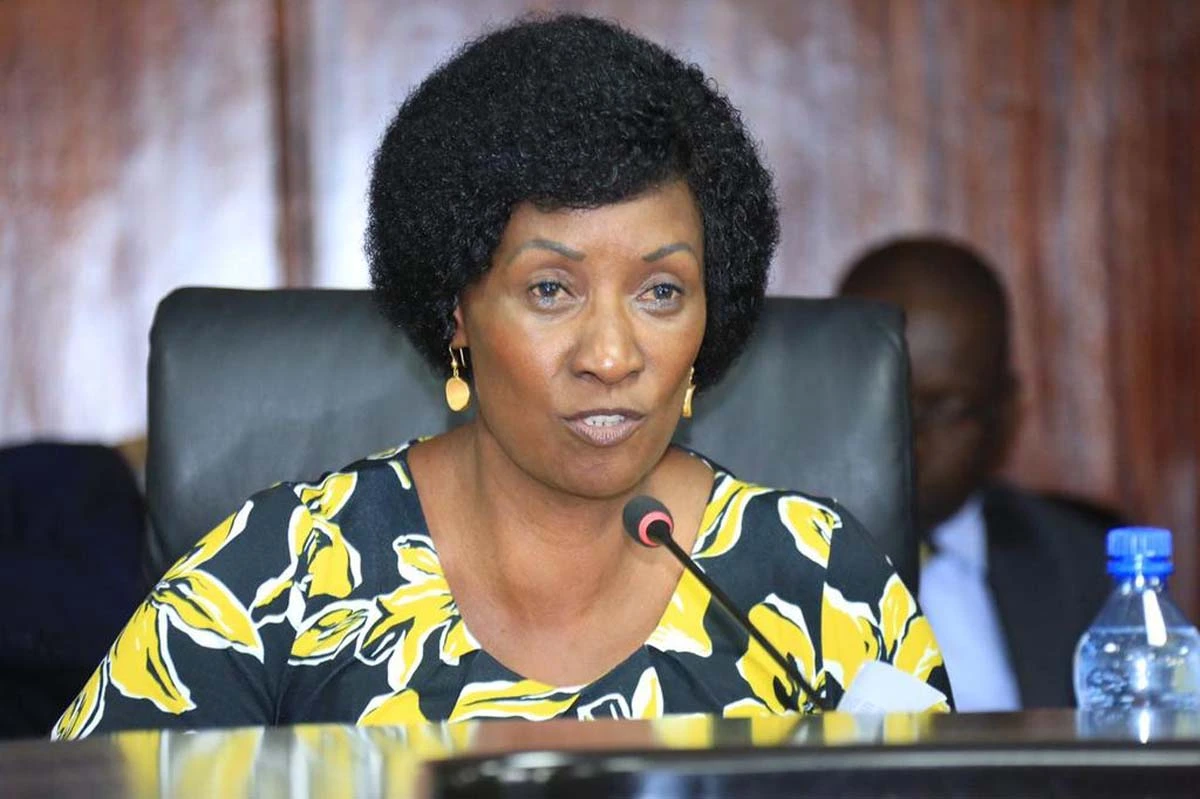You may have heard that the Teachers Service Commission (TSC) announced that it will promote 60,000 P1 teachers who have upgraded their qualifications to diploma or degree level to teach in JSS. This is part of the government’s plan to implement the new Competency-Based Curriculum (CBC) that aims to equip learners with skills and competencies for the 21st century.
Sounds good, right? Well, not so fast. It turns out that many of these P1 teachers are not interested in the promotion. In fact, they have rejected it outright. Why? Because they say it will affect their salaries, allowances, pensions and job security. They also claim that they were not consulted or informed about the promotion criteria and process.
Now, you may be wondering: how can someone reject a promotion? Isn’t that like throwing away a gift? Well, not exactly. You see, these P1 teachers have a valid point. They argue that the promotion is not based on merit, but on availability. They say that the TSC is using them as a stop-gap measure to fill the gap of teachers in JSS, without considering their welfare and career progression.
According to the Kenya National Union of Teachers (KNUT), the promotion will mean that these P1 teachers will lose their seniority and experience in the primary school level. They will also lose their hardship and commuter allowances, which are higher for primary school teachers than for secondary school teachers. They will also face uncertainty about their pension benefits, since they will be moved from one scheme to another.
Moreover, these P1 teachers fear that they will not be able to cope with the demands of teaching in JSS, which requires different skills and competencies than teaching in primary school. They say that they have not been adequately trained or prepared for the new curriculum and the new subjects. They also worry about the availability of teaching and learning materials, infrastructure and facilities in JSS.
So, what is the way forward? Well, I think that both the TSC and the P1 teachers need to sit down and have a serious dialogue. They need to iron out their differences and find a win-win solution. The TSC needs to assure the P1 teachers that their promotion will not affect their salaries, allowances, pensions and job security. It also needs to provide them with adequate training and support for the new curriculum and the new subjects. The P1 teachers, on the other hand, need to embrace the promotion as an opportunity to grow and advance in their careers. They need to be flexible and adaptable to the changing needs of the education sector.
I believe that if both parties can work together in good faith, they can find a way to make this promotion work for everyone. After all, we all want the best for our children and our country. We want them to have quality education that prepares them for life and work in the modern world. We want them to have competent and motivated teachers who can inspire them to achieve their full potential.




